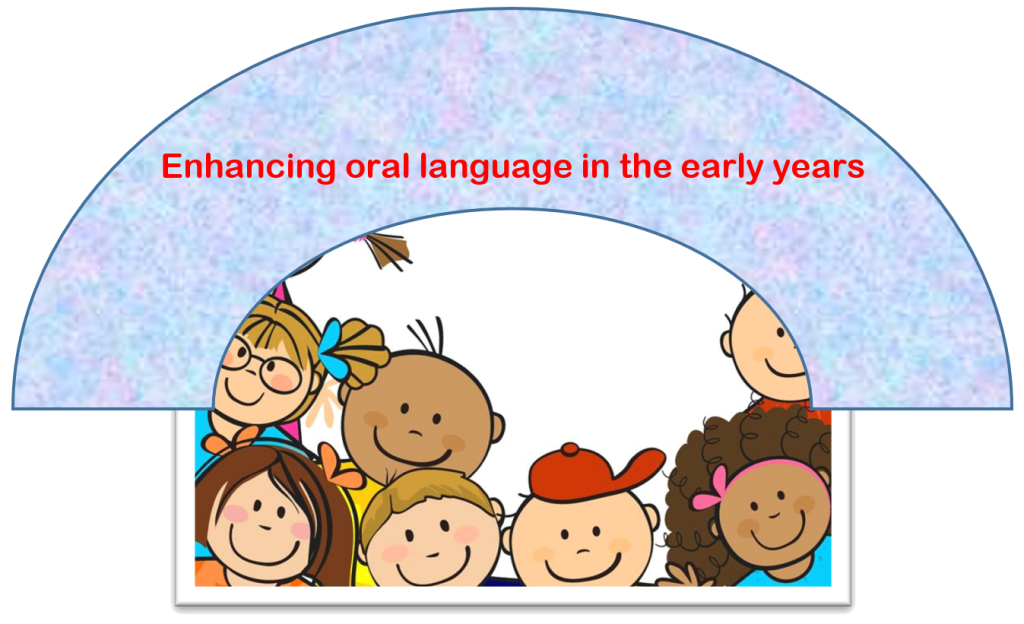The Project
Education is the key to future life outcomes. Success in education at age 16 strongly predicts later occupational, economic, health and well-being outcomes and future social mobility: this is why 13 of the 17 social mobility indicators drawn up by the Government in England are measures of educational attainment (Cabinet Office, 2011). In the 2019 GCSE examinations, the average Attainment 8 scores for pupils of Black Caribbean (39.4) and Mixed White and Black Caribbean (41.0) heritage were over five points lower than the average for White British pupils (46.2), or over half a grade lower in each of the eight subjects included. At the same time, the average scores for pupils of Black African, Mixed White and Black African, Pakistani, Bangladeshi, Indian and Chinese heritage were higher than the White British average. What factors underpin such variation?
The greater socio-economic deprivation experienced by many ethnic minority groups compared to the ethnic majority has been well documented. Most recently this has been highlighted in the Government’s Racial Disparity Audit (RDA), as reported on the government ethnicity fact and figures website . It is also widely documented that socio-economic factors are strongly implicated in low educational achievement. For example, children who grow up in poverty tend to do less well in education because of poorer nutrition, health, having parents who are more stressed, less able to afford educational activities and resources and less well-placed to help them with their school work.
The purpose in taking socio-economic factors into account is not to ‘explain away’ ethnic achievement differentials, but to better understand the drivers and therefore identify relevant policy interventions. For example, if lower achievement by an ethnic group at age 16 reflects greater socio-economic deprivation, then a focus on in-service training to address bias by secondary school teachers would not necessarily deliver substantial change, whereas a focus on increasing funding to disadvantaged pupils (such as the pupil premium grant) might have a higher likelihood of closing the gap.
Strand, S. (2021). Ethnic, socio-economic and sex inequalities in educational achievement at age 16: An analysis of the Second Longitudinal Study of Young People in England (LSYPE2). Report for the Commission on Race and Ethnic Disparities (CRED), Department of Education, University of Oxford.
Executive Summary
Race, sex, class and educational achievement at age 16
Download here.
Findings - Full Report
Strand, S. (2021). Ethnic, socio-economic and sex inequalities in educational achievement at age 16: An analysis of the Second Longitudinal Study of Young People in England (LSYPE2). Report for the Commission on Race and Ethnic Disparities (CRED), Department of Education, University of Oxford.
Download here.












